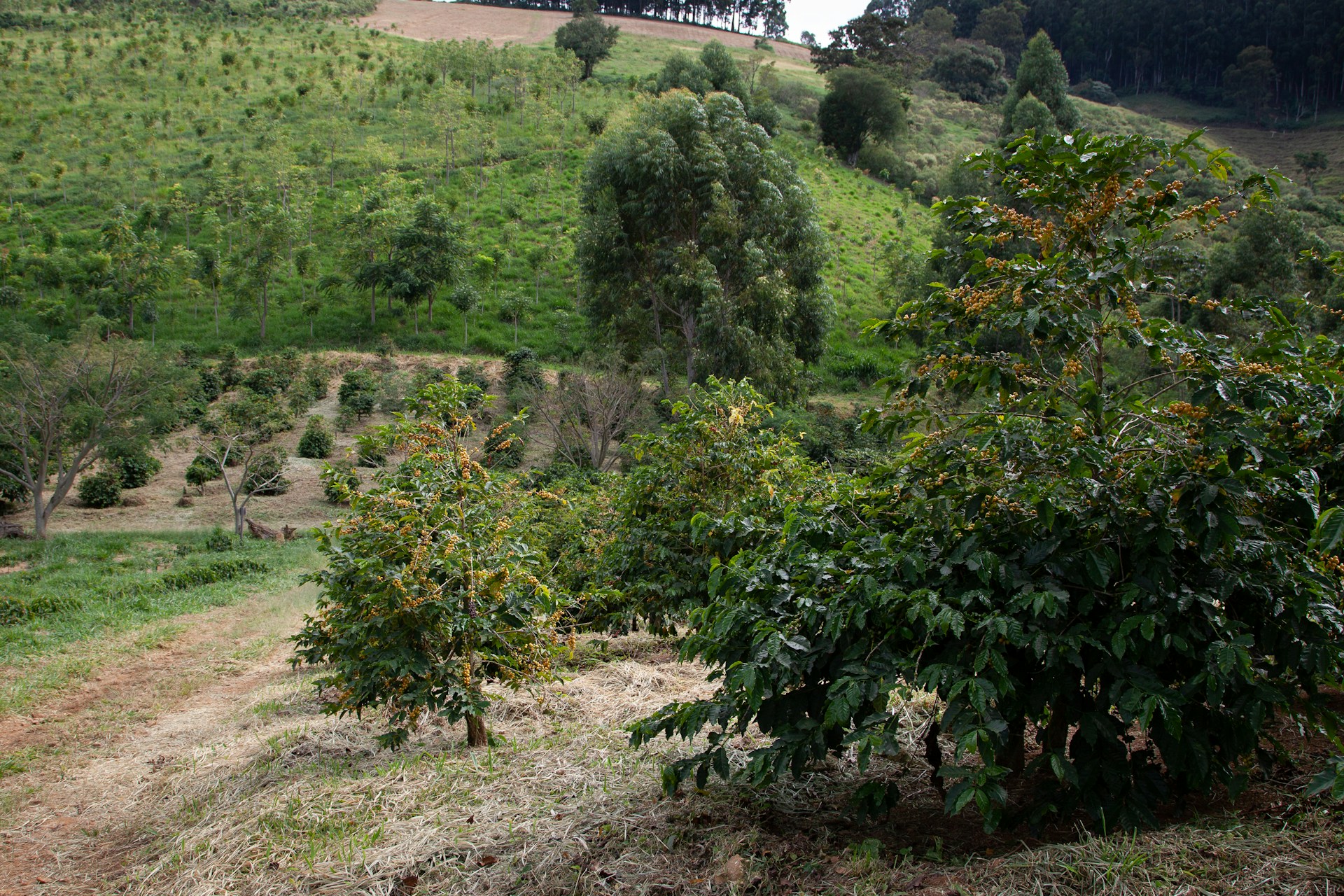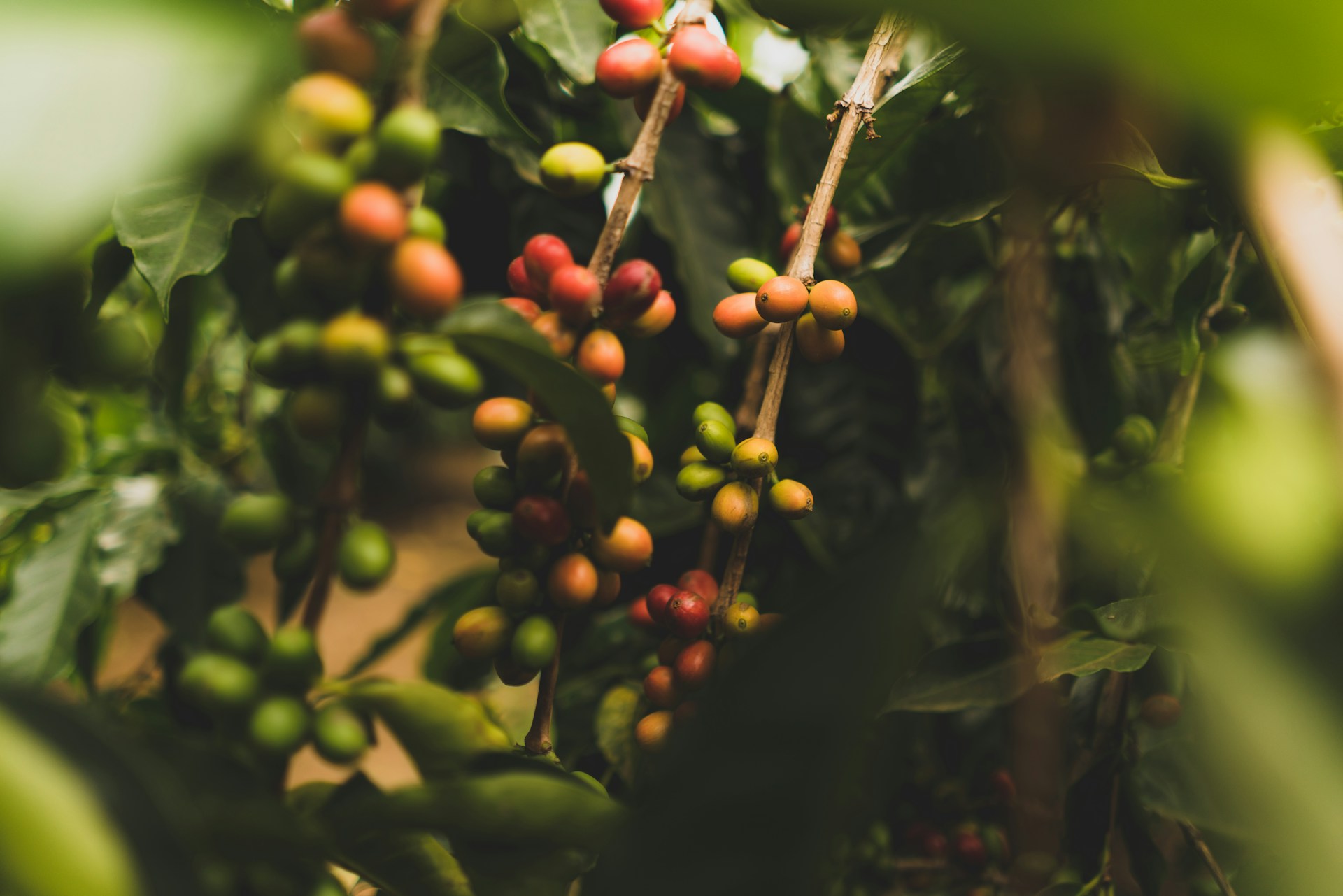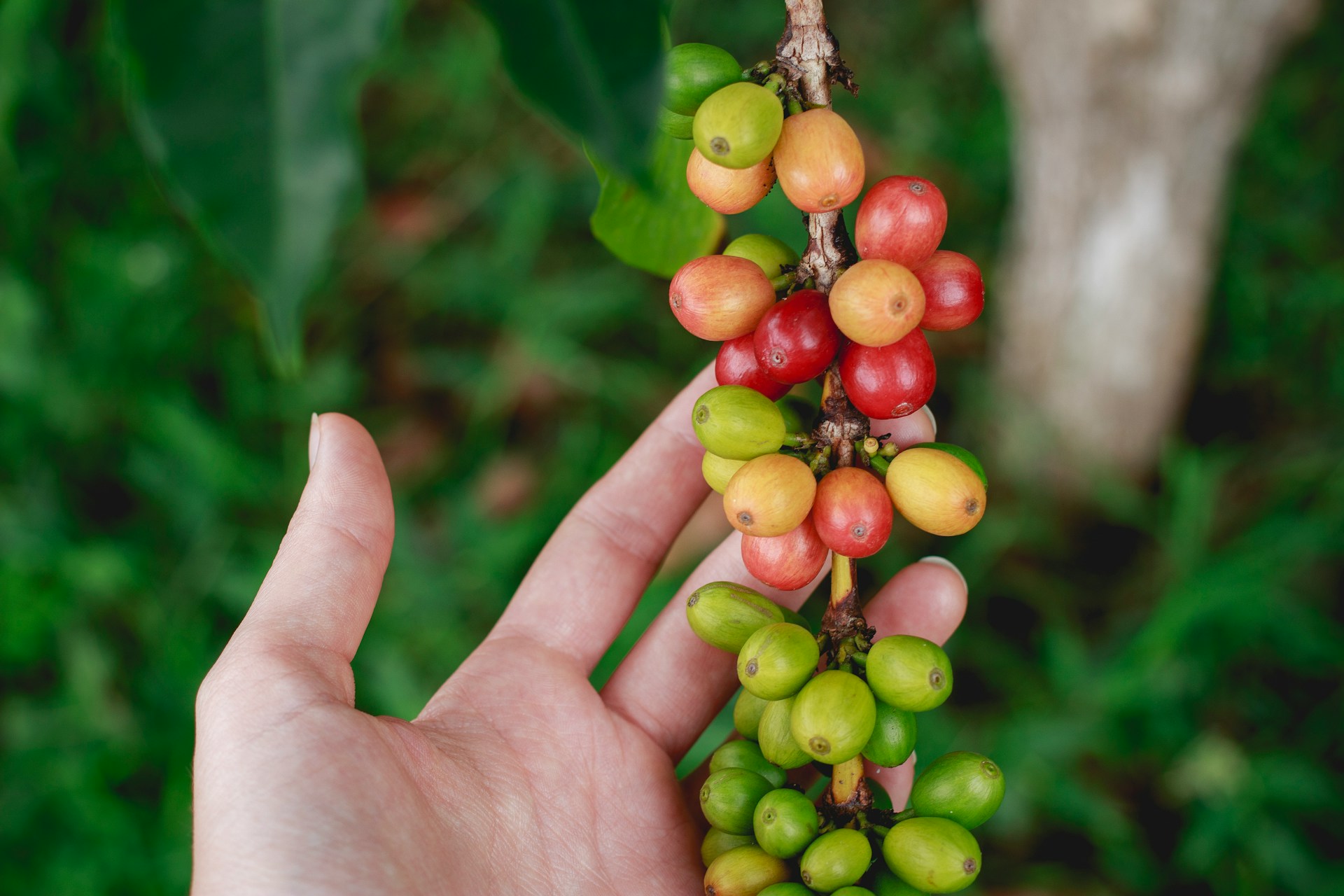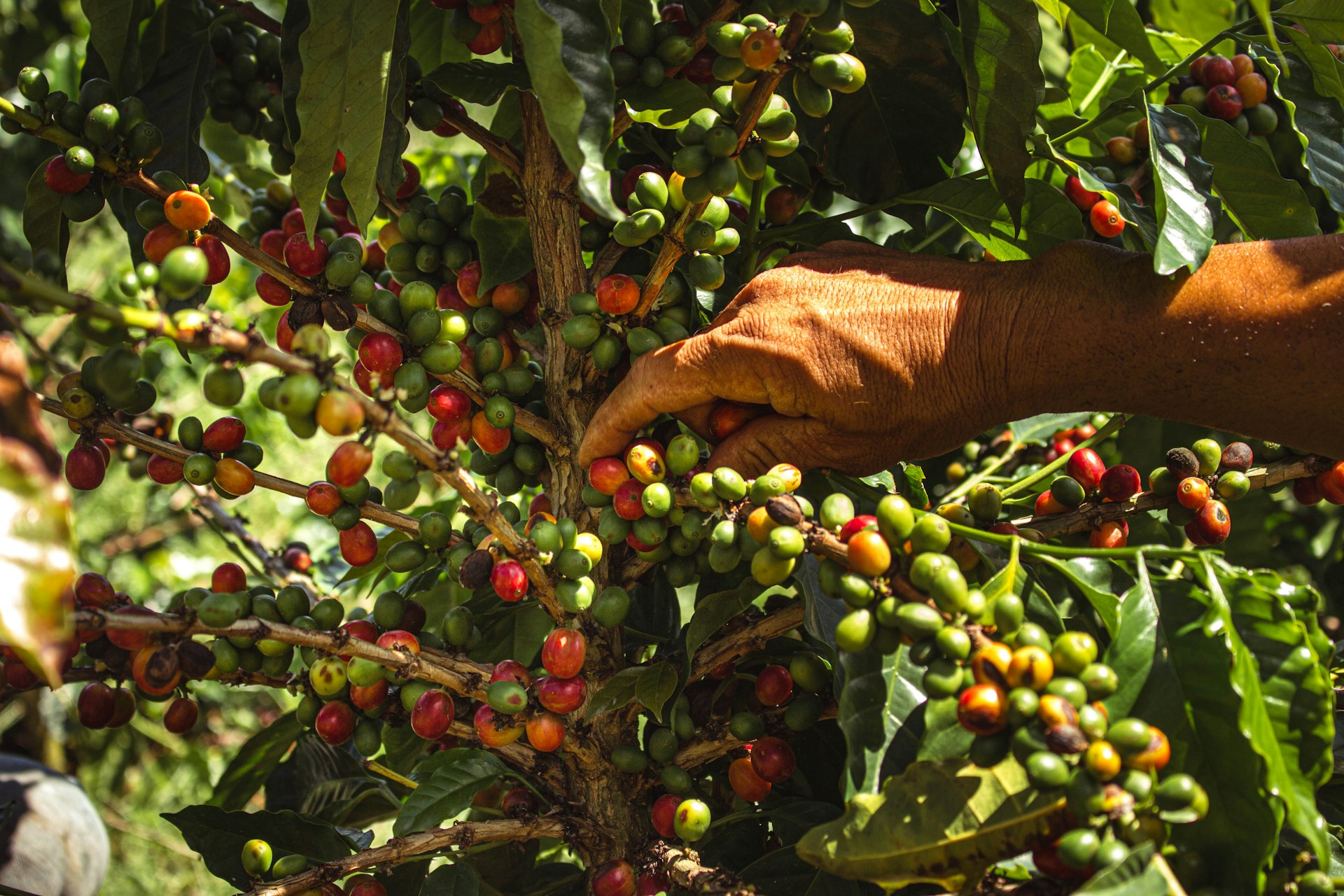Sustainability has become somewhat of a buzzword in the coffee industry - but that doesn’t make it any less important. In fact, now more than ever, consumers are favouring environmentally conscious products that aim to protect and preserve rather than contribute to the harm being done to the plant and its inhabitants.
We break down what’s meant by sustainable coffee and why it’s so important.
What is Sustainable Coffee?
Sustainable coffee may seem like quite a nebulous, non-specific term but what it really comes down to is coffee beans that have been grown, processed and sold in a way that prioritises the well-being of the environment and the coffee farmers responsible for their production.
This means investing in methods that help conserve the environment while also championing ethical practices that don’t exploit the work of coffee farmers. It’s about creating a productive and holistic approach to coffee farming that isn’t going to harm current or future generations. Sustainable coffee benefits everyone.

What is Ethically Sourced Coffee?
The terms sustainable and ethically sourced coffee go hand in hand. If coffee is described as being ethically sourced, it means the farmers and workers have received a fair payment for their coffee. Environmental impact and sustainable farming methods are also considered.
The Importance of Championing Sustainable Coffee
There are several key environmental and social benefits that make sustainable coffee farming the desirable choice.
Preserving the Environment
Prioritising sustainable coffee is all about finding ways of doing things that don’t harm our planet or its precious natural resources. Sustainable methods often involve a more considered approach to the environment, ultimately helping to reduce deforestation, protect local wildlife, encourage biodiversity and help foster a thriving ecosystem.
Preventing Soil Erosion
Lots of coffee is grown on steep slopes that, if not properly managed and maintained, can face erosion and a reduction in quality over time. Sustainable methods aim to help support the health of the soil to keep it productive, which also leads to a reduction in the necessity for additional chemicals.
Conserving Water
Sustainable coffee farming is also mindful of water wastage, often employing innovative irrigation methods that don’t contribute to water scarcity issues and also reduce water pollution.

Fair Pay For Farmers
One of the key social benefits of sustainable coffee is the guaranteed fair wages for coffee farmers. Millions of people’s livelihoods rely on coffee and without ethical and sustainable initiatives, many of these people have historically been exploited. Sustainable coffee practices aim to provide fair pay, often encouraging investment into entire communities.
Better Working Conditions
Fair pay also comes with improved working conditions, ensuring labour standards are met and the safety and wellbeing of workers are put front and centre.
Long Lasting Impact
The sustainable coffee approach can provide a better foundation for coffee farms and their natural resources, leading to a step up in quality across the whole supply chain. With better pay, conditions and the means to protect resources, coffee farmers are able to ensure the long-term success of their livelihoods and community contributions.
All these great benefits trickle down to the consumer, allowing you to enjoy a cup of great-tasting coffee with an equally good story.
Choosing Sustainable Coffee
Opting for sustainable coffee is relatively easy these days, with so many options, whether you’re a home brewer or a coffee shop regular. There are a few things to be mindful of when looking to support sustainable coffee.
Fairtrade: The Fairtrade label is a good indication that fair pay, good working conditions and products of a high standard are being prioritised.
Rainforest Alliance: An organisation that provides certifications for sustainability and conservation when it comes to farming.
Traceability: Good traceability can help ensure a transparent, ethical supply chain, showing consumers where the coffee has come from and what has been involved in its production. Single origin coffee is something to look out for here.
Speciality: Coffee that is officially deemed as speciality is another marker of quality, indicating a very high standard for every element along the supply chain.
Organic: This label is another one to look out for as it indicates a lack of synthetic chemicals used during the farming and production process, contributing to better environmental and social standards.

Sustainable Coffee at Esquires
Our coffee shop franchise puts sustainable and responsibly sourced coffee at the heart of everything we do. We only serve organic and Fairtrade coffee from farms that avoid harming the local environment and communities they’re part of.
At Esquires, all of our coffee is sourced from coffee farming cooperatives that champion an ethical and responsible approach.
We’re proud of our ethos and hope that each of our customers can be totally confident that they’re getting the best of the best when they visit an Esquires Coffee store.








